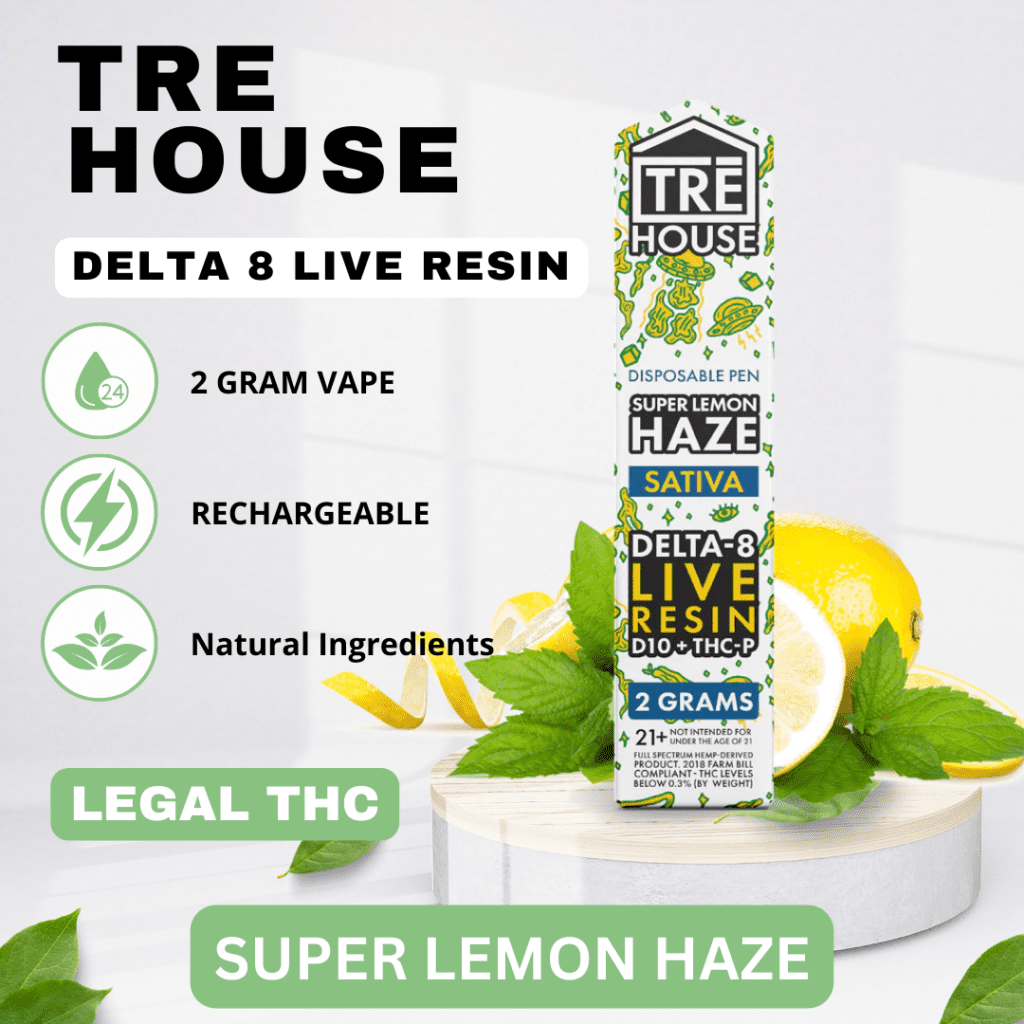To Listen To The Full Audio Episode Click Here: The Daily Dose Podcast Audio
Table of contents
- Introduction
- The History of Synthetic Cannabinoids
- How Do Synthetic Cannabinoids Work?
- The Dangers of Synthetic Cannabinoids
- The Legality and Regulation of Synthetic Cannabinoids
- Identifying Synthetic Cannabinoids
- Synthetic Cannabinoids vs. Natural Cannabis
- Synthetic Cannabinoids and Health Risks
- Synthetic Cannabinoid-Related Incidents and Statistics
- The Need for Public Awareness and Education
- The Future of Synthetic Cannabinoids
- Conclusion
- FAQs
Hemp THC Cannabinoids Market At Risk
Introduction
Synthetic cannabinoids, commonly known as “synthetic weed” or “Spice,” have become a growing concern in recent years. Marketed as legal alternatives to natural cannabis, these lab-made substances attempt to mimic the effects of THC (tetrahydrocannabinol), the primary psychoactive component of marijuana. However, the surge in synthetic cannabinoid use has raised serious health and safety issues, prompting the need for stricter regulations and public awareness.
The History of Synthetic Cannabinoids
Synthetic cannabinoids were first developed by scientists in the 1980s as part of research into the endocannabinoid system. Initially, they were intended for therapeutic purposes, but they soon found their way into recreational markets. Early on, synthetic cannabinoids had a legal status, making them all the more appealing to users seeking an alternative to traditional cannabis.

How Do Synthetic Cannabinoids Work?
Synthetic cannabinoids interact with the body’s endocannabinoid system, just like natural cannabis. They bind to the same receptors as THC, producing psychoactive effects. However, the potency and effects of these synthetic compounds can vary significantly, making them unpredictable and dangerous.
The Dangers of Synthetic Cannabinoids
The use of synthetic cannabinoids comes with a host of dangers. Due to the lack of regulation, there is no standardization in the manufacturing process, leading to inconsistencies in potency and composition. Users often experience severe adverse reactions, including anxiety, paranoia, hallucinations, and even life-threatening conditions.
The Legality and Regulation of Synthetic Cannabinoids
The legal status of synthetic cannabinoids varies across different jurisdictions. Manufacturers of these substances often try to evade regulations by altering the chemical composition slightly, creating new compounds that fall outside existing laws. This cat-and-mouse game poses significant challenges for law enforcement.
Identifying Synthetic Cannabinoids
Hemp THC cannabinoids are sold under various street names, making them difficult to recognize. Moreover, they are often mixed with other substances, adding to the complexity of identification. Specialized testing and detection methods are required to determine the presence of these synthetic compounds accurately.
Synthetic Cannabinoids vs. Natural Cannabis
It is crucial to differentiate between synthetic cannabinoids and natural cannabis. While the latter has been used for medicinal and recreational purposes for centuries, synthetic compounds lack the same level of research and understanding. Natural cannabis contains multiple cannabinoids that may have therapeutic benefits, while synthetic versions can be harmful.
Synthetic Cannabinoids and Health Risks
The health risks associated with Hemp THC cannabinoids are profound. In the short term, users may experience rapid heart rate, elevated blood pressure, vomiting, and agitation. Long-term use can lead to addiction, memory impairment, mental health issues, and organ damage.

Synthetic Cannabinoid-Related Incidents and Statistics
The use of Hemp THC cannabinoids has led to a surge in emergency room visits and cases of poisoning worldwide. The alarming statistics demonstrate the urgent need for addressing this public health concern through comprehensive strategies.
The Need for Public Awareness and Education
Raising awareness about the dangers of Hemp THC cannabinoids is crucial for preventing further harm. Educational campaigns should focus on the risks associated with these substances, harm reduction techniques, and the importance of seeking help for addiction.
The Future of Synthetic Cannabinoids
The future of Hemp THC cannabinoids remains uncertain. Research into the long-term effects and potential medical applications is ongoing. Simultaneously, legislators are working to close legal loopholes and regulate these substances more effectively.

Conclusion
Synthetic cannabinoids pose a significant threat to public health and safety. As their popularity grows, so does the need for stricter regulations, increased awareness, and better support systems for those affected. By understanding the risks and staying informed, we can protect ourselves and our communities from the dangers of synthetic cannabinoids.
FAQs
The legal status of synthetic cannabinoids varies by country and region. Some compounds may be classified as illegal, while others fall into a legal gray area.
There is limited research on the medical applications of synthetic cannabinoids. Currently, natural cannabis-derived medications are more widely studied and approved for certain medical conditions.
Specialized drug tests, including urine and blood screenings, can detect synthetic cannabinoids. However, due to the constantly evolving chemical compositions, these tests may not catch all variants.
If someone exhibits severe reactions after using synthetic cannabinoids, seek immediate medical attention. Call emergency services or go to the nearest hospital.
Related Articles:
- Strongest THC 2022 Cannabis News Today
- Kratom Confusion The Legal Uncertainty
- Daily Dose Flavor Ban And Cannabis News Now
- Main Article
Meet The Author





